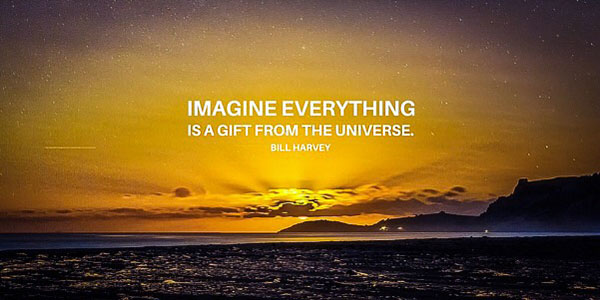Originally posted September 29, 2015
In the absence of knowing, I’ve found a way to arrive at decisions that works extremely well for me. I call it Game Theory.
With Game Theory, when I don’t know what the outcome will be, I list possible outcomes and then see which ones I like, and what end result I want to create. Then see if I can make decisions that will get me moving in one of those preferred directions.
How much meaning do I want to see in life, in my every day, second-to-second life? If I want there to be rich meaning abounding, then I can choose to use a lens that gives me that view — a lens that makes things more explainable and understandable.
For example, in terms of the nature of reality, there are really only two clusters of lenses to choose from. One says there is something like a God, and the other says there is nothing like a God.
Through the lenses that say there is something like a God, there may appear to be an abundance of meaning in our lives. In the other cluster of lenses, there may appear to be a dearth of meaning — much happens that makes no sense, nor do we expect it to make sense.
I was in this lens for many years. It came from being so impressed by science as a kid. I can testify that there are good things about this lens. For one thing, it makes us feel terrifically autonomous, as independent thinkers, since most of the world is viewing things from the other stance. It sometimes strips away so many considerations that we quickly look at situations and see the barest of elements, the quintessence. There is a certain minimalist “cleanliness” if not clarity to this view.
Emotionally, the lens of being alone in an unbenevolent universe can be toughening, allowing us to more easily become fatalistic and to shed many of our attachments. We don’t make assumptions but are very common sense and down to earth: very empirical. We don’t lean on illusions or faith or anyone else to define reality. All of which can be good.
Another viewpoint, which I have dubbed the “Something like God exists” lens, affords meaning to everything.

If you yearn to have more meaning in your life, I suggest using this lens without believing it to be the truth or disbelieving it. This way, you will always see the meanings you ascribe as tentative, without becoming locked into them or attached to your view. You may also see a wealth of value in using this lens, imbuing more meaning in your life.
Pope Francis’ visit to the US offers a great example of the utility of wearing the “Something like God exists” lens. Regardless of the religious beliefs you hold (or not), it’s difficult at best to not acknowledge the palpable message of love, hope and caring for one another that emanated so powerfully from the Pope’s presence even more than from his words, which were also so beautifully spoken.
None of us, not even Pope Francis, really knows the meaning of life. It is all a wonderfully thrilling awesome unknown, which makes life interesting, mysterious-mystical, immense, awe-inspiring. Wouldn’t we be missing something if we did know everything?
Since God or a universal intelligence of some kind* cannot be ruled out, wearing the “Something like God exists” lens allows you to start seeing possible reasons why certain things have happened — as if the universe is trying to help you by putting certain training obstacles in your path. I call this noia — being the opposite of paranoia.
By seeing things as possible gifts from the universe even if they are not, and even if they don’t feel like gifts at the time, we gain some leverage from being able to see how to use the event constructively.
Best to all,
[dropshadowbox align=”none” effect=”horizontal-curve-bottom” width=”100%” height=”” background_color=”#f3e4e4″ border_width=”1″ border_color=”#dddddd” inside_shadow=”false” ]* For a deeper dive into universal intelligence, see my book You Are The Universe: Imagine That.[/dropshadowbox]
Follow my regular media blog contribution, In Terms of ROI at Media Village. Here is the link to my latest post,
